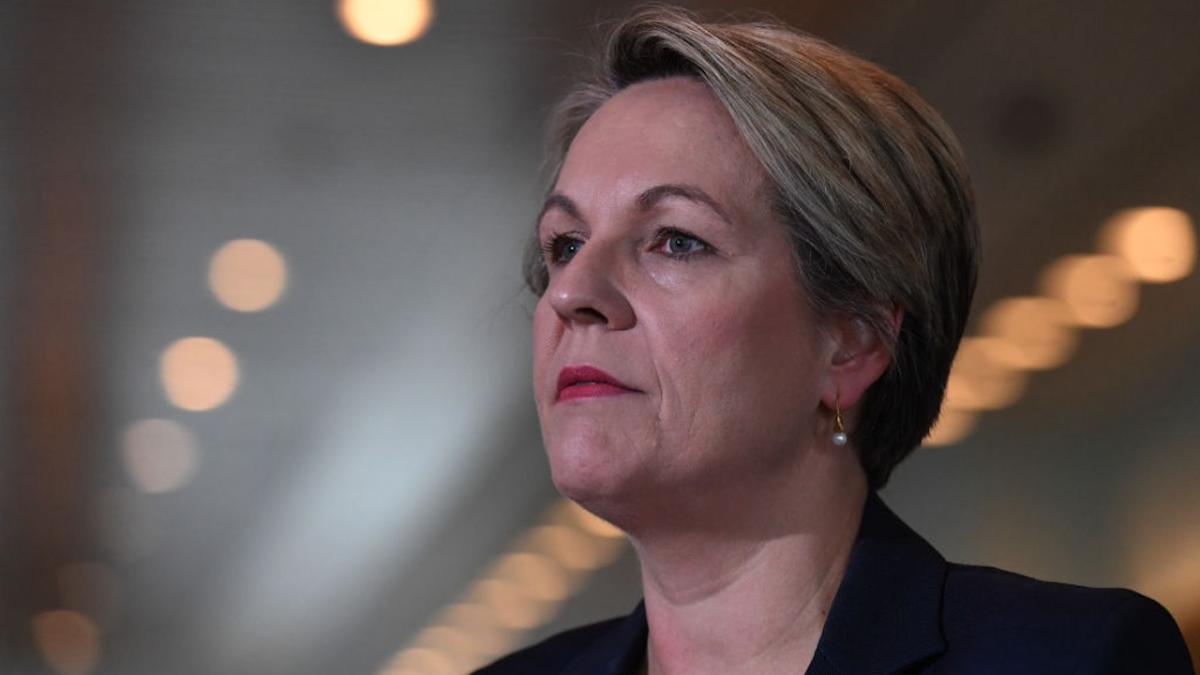
This week, the Labor government let us know exactly how important the climate crisis is to them: not a whole lot. They’ve pushed back long-awaited reforms on Australia’s piss-weak environment laws “indefinitely”, and if you smell lobbyist stench all over it, then you’d be right.
So what just happened? And why should you care?
Let’s quickly rewind to 2022. It was the last federal election, and the so-called “climate election”. After nine years of succession Coalition governments, Labor’s Anthony Albanese and the Teal Independents — backed by climate activist Simon Holmes à Court — sent Scott Morrison and co packing. It was seen as the power shift we needed to start taking the climate crisis seriously.
While neither the Coalition or Labor had an amazing climate change policy to propose, Labor was “easily” the better major party on paper. (Spoiler: if one party brings in a lump of coal to parliament, the other party is probably gonna be more capable of looking climate change in the face.)
During his victory speech, Prime Minister Albanese proclaimed that “together we can end the climate wars” and shortly afterwards promised to take Australia out of the climate “naughty corner”. This aspiration has significantly dampened as it’s become apparent that the government refuses to outlaw new coal, oil and gas projects to remain one of the world’s biggest fossil fuel exporters.
And now? Environment Minister Tanya Plibersek has delayed reforms to the main piece of law overseeing the environment, the Environmental Protection and Biodiversity Conservation Act, indefinitely. There’s no date, no timeline, nothing.
Plibersek instead announced legislation to create two new bodies: an environment protection agency, and an organisation providing public data on ecosystem, plants, and animals. She called it “a historic day for the environment”, but did not guarantee that new national standards in environment laws will be introduced before the next federal election (likely to be September 2025). She said they’ll be “ready when they’re ready”.
The kicker? Right now, there is no mandate for governments to take climate change into account when considering a project’s environmental impact.
A bitter slap in the face
The move to delay reform indefinitely is a “bitter slap in the face” of climate impacted communities”, the Australian Youth Climate Coalition (AYCC)’s Climate and Racial Justice Director Grace Vegesana told PEDESTRIAN.TV.
“Our environment laws were written before I was born, and haven’t been updated in over 20 years,” they said.
“[Young people] will inherit the consequences of decisions made today, and seeing Labor go back on their commitment this week shows that the Albanese government is not serious about acting on climate change or protecting young people’s futures.”
Delaying action leaves the “door open to new coal and gas projects pushing ahead, fuelling the climate crisis with fires and floods at the expense of our futures and our communities”, they continued.
“The Albanese Government still has a choice to make; continue to side with big coal and gas companies, create further delays and worsen climate impacts – or stand with communities, fix our environment laws with a climate trigger and say no to more coal and gas projects.”
In 2022, Plibersek herself said multiple reviews has shown the existing Environment Protection and Biodiversity Conservation Act was “broken”. She promised change in 2023. Now it’s 2024, and nothing is changing — appearing to kowtow to the enormous public pressure from Western Australia Premier Roger Cook, and the state’s mining and resources industries.
Last November, the Australian Conservation Foundation revealed an analysis that showed 16 new fossil fuel projects have been approved or received material support under the Albanese government. According to the analysis, these projects will release 6.9 billion tonnes of carbon pollution over their lifetimes, or as much as 28 years’ worth of emissions from every car, truck and bus in Australia.
And so here we are again: with a government not up to the task of tackling the climate crisis. Let’s remember that next year when it comes time to vote on our future.



